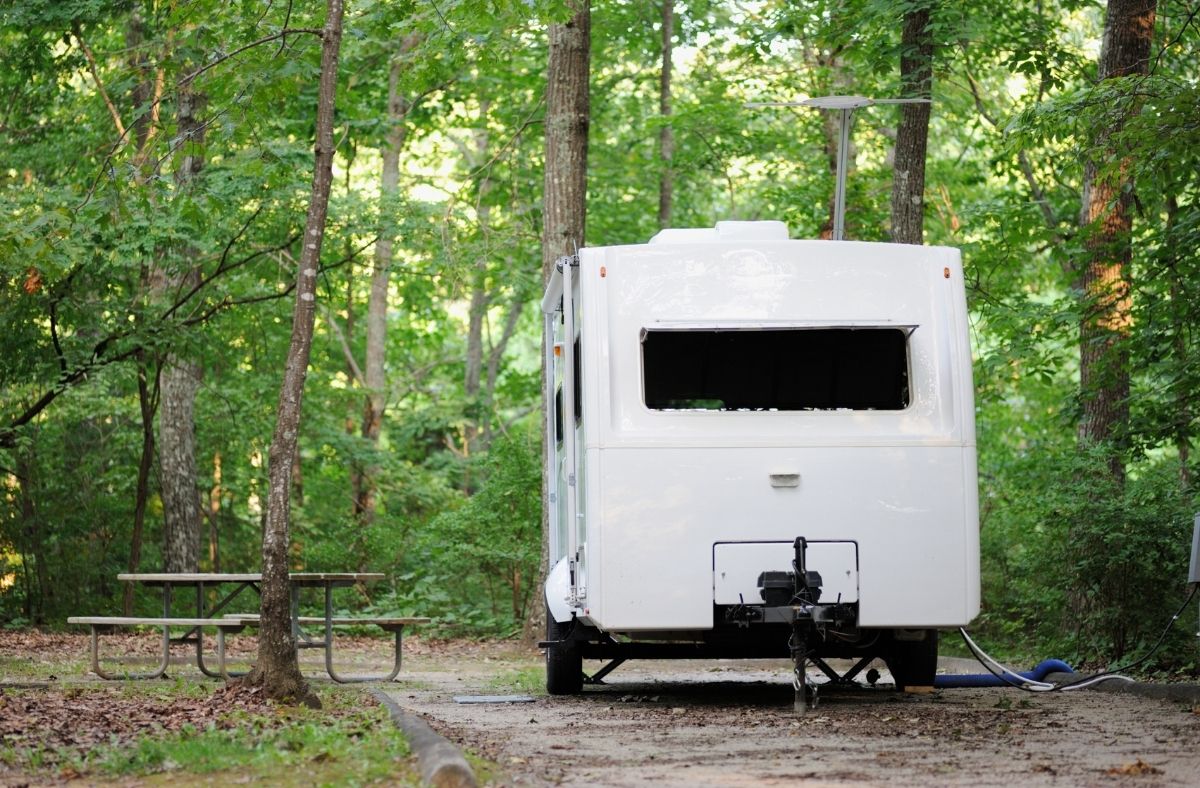A lock site fee is a charge assessed by the U.S. Army Corps of Engineers for use of a lock on the Inland Waterway System. The fee is based on the size of the vessel using the lock and ranges from $4 for a small boat to $800 for a large commercial barge. The fees are used to maintain and operate the locks and dams on the waterway system.
and how do I know if I need to pay one
If you’re planning on developing a property, it’s important to be aware of lock site fees. A lock site fee is charged by the local municipality in order to secure permits for your project.
This fee is generally a few hundred dollars and is required in order to begin construction.
There are a few ways to find out if you’ll need to pay a lock site fee. The first is to check with your local zoning office or building department.
They should have information on whether or not a fee is required for your project. Another way to find out is to ask your contractor or architect if they are aware of any fees that may be required.
If you do need to pay a lock site fee, it’s important to budget for it upfront so that there are no surprises later on.
This fee is just one of many that can be associated with developing property, so it’s important to do your research and plan accordingly.

Credit: pathfindercampresorts.com
What is Sun Outdoors Site Lock Fee?
Sun Outdoors site lock fee is a one-time charge that allows you to lock in your Sun Outdoors RV site reservation. This fee is non-refundable and will guarantee your specific RV site for the duration of your stay. The Sun Outdoors site lock fee is in addition to the nightly rate and any other applicable fees.
What Does a Locked Campsite Mean?
When you see a sign that says “Locked Campsite,” this means that the site is closed to the public and only accessible to those with a key. This is usually done for sites that are in high demand or have been recently renovated.
Use Site Lock Fees to Increase Your Revenue
Conclusion
A lock site fee is a charge assessed by a lender to cover the costs of temporarily holding interest rates and preventing rate changes during the loan process. This fee is generally non-refundable, even if the loan does not close.
